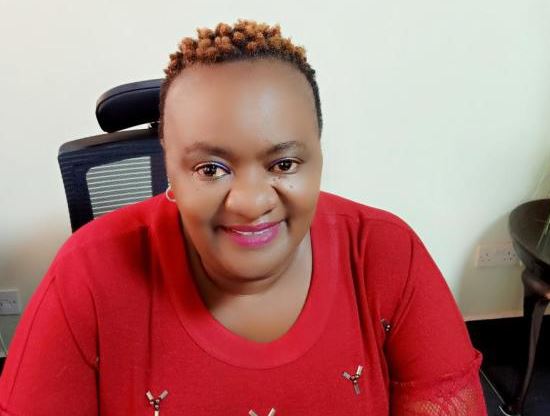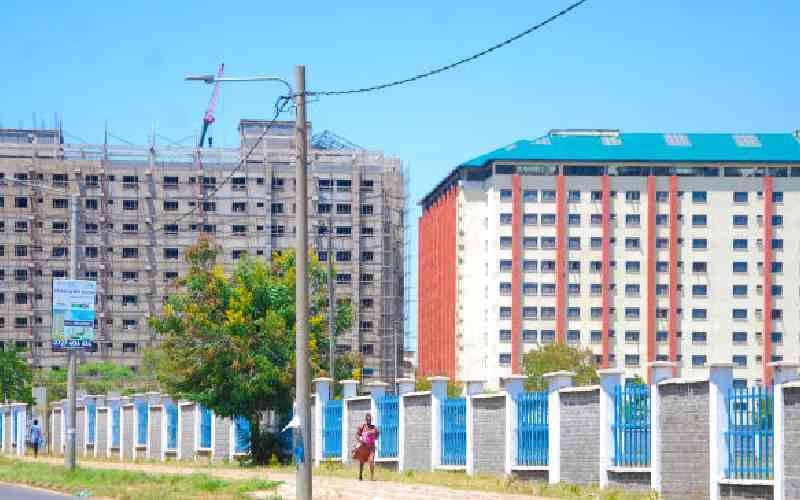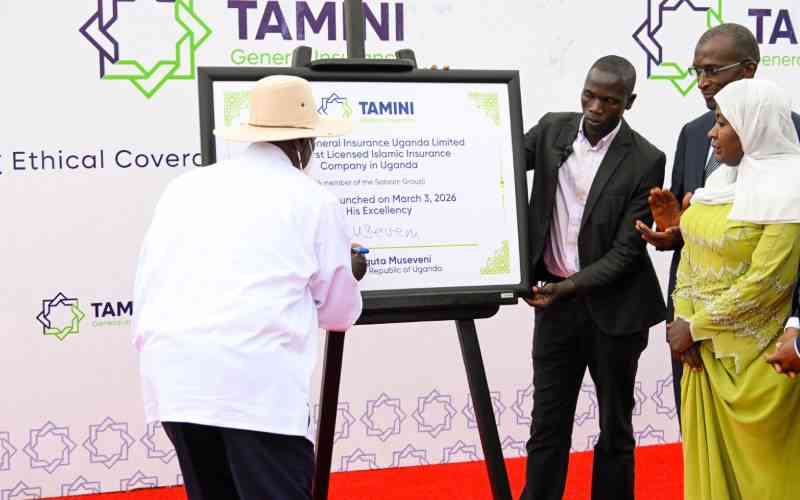×
The Standard e-Paper
Home To Bold Columnists

Salome Chiira, founder and chief executive of Radiant Hospital.
Salome Chiira’s tone is a riddle; one moment it is rippling with hope, the next it has plummeted into lows of pain and regret, and you cannot tell exactly where one feeling ends and cues in the other.







